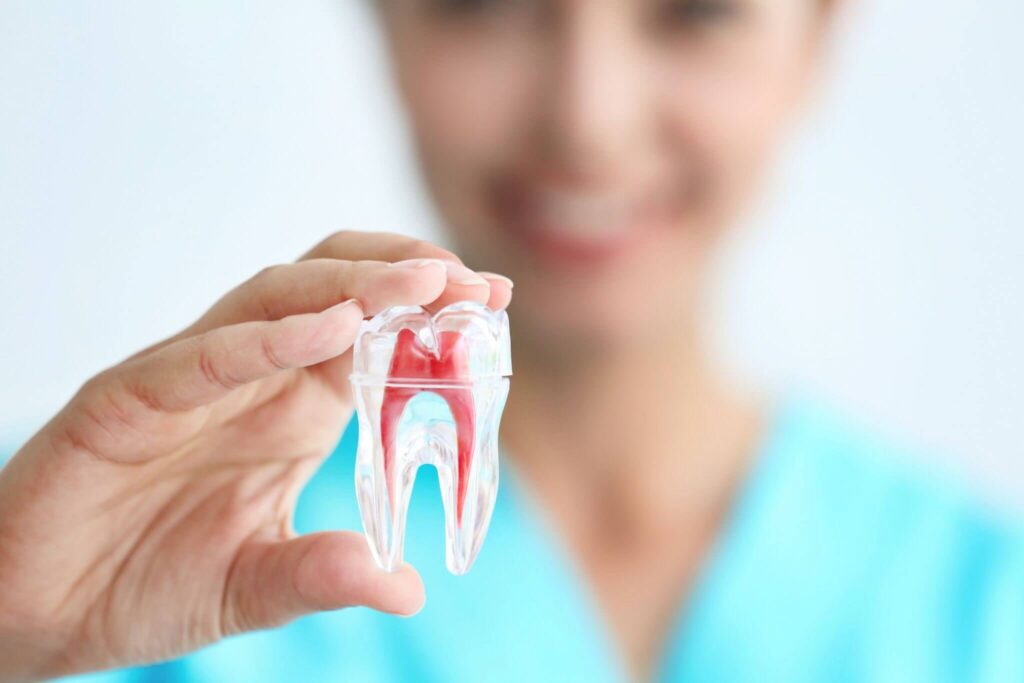When decay or infection has infected the nerve of a tooth, your dentist may suggest root canal therapy. We all have faced dental anxiety at some point, but this particular procedure can be incredibly stressful, especially if you have seen those scary videos on the internet. Before you visit a dentist in Brooklyn, New York, for root canal therapy, here are some quick things worth knowing.
The need for root canal therapy
If you ignore the toothaches and the evident signs of deep decay, you will eventually need to go for an extraction. Your dentist is focused on saving your tooth, and root canal therapy is meant to achieve that. The procedure may sound awful on paper, but extraction and the subsequent steps to replace the missing tooth are more expensive and overwhelming. Your dentist will suggest root canal therapy when they are confident that the tooth doesn’t need an extraction.
What are the signs of deep decay or infection?
When a tooth is infected, you may experience severe toothaches and extreme sensitivity to hot and cold foods. Many patients also have an abscess in the gums. At times, your dentist may discover an infection when doing a routine examination. You may also require root canal therapy if the trauma is injured.
How painful is the procedure?
Done right, a root canal procedure doesn’t hurt, although you will need at least three or more sessions. As the first step, your dentist will take x-rays to check the extent of decay, following which they discuss the process and cons of getting the treatment. Next, they will use local anesthesia to numb the tooth and place a rubber dam to keep it dry. The dentist will create an access opening in the tooth, which will make room for the dental files to go inside the canal. The dental files help remove the nerve tissue, pulp, and decay inside the tooth. In your next appointment, the tooth be cleaned again from the inside and sealed with a permanent filling. In between the appointments, the dentist will place a temporary filling.
Is it necessary to get a dental crown after root canal therapy?
The short answer is yes. Because the tooth has no active nerve and is hollow inside, it is prone to breakage and injury. A dental crown, also called a cap, is used to protect the tooth by encasing it entirely. You may feel some sensitivity in your teeth after root canal therapy, which is normal and should subside with time.
Call your dentist now for more info.

